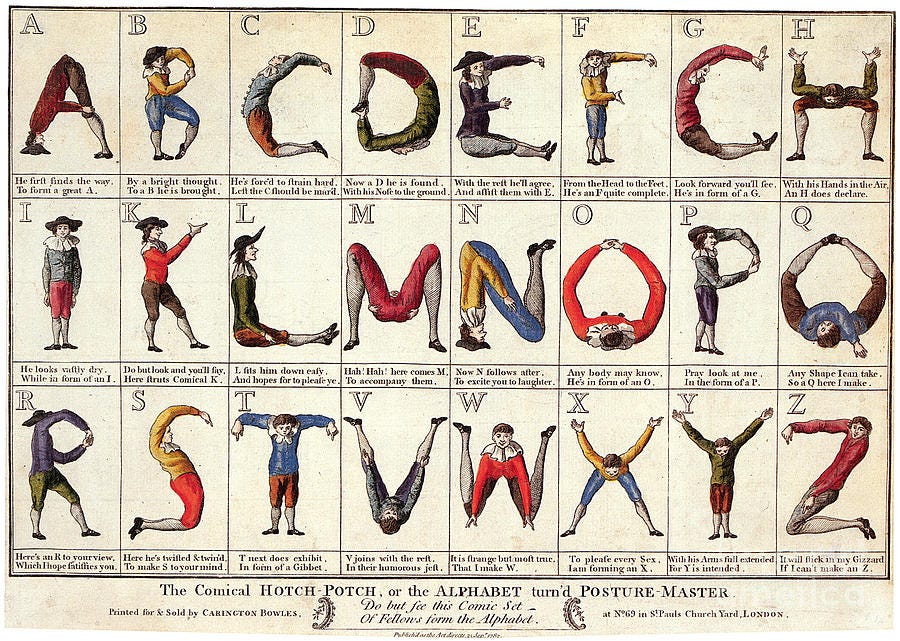The Covid Scholar
Reflections on the academic year

“When the mind is braced by labor and invention, the page of whatever book we read become luminous with manifold allusion.” — Ralph Waldo Emerson, 1837

“When the mind is braced by labor and invention, the page of whatever book we read become luminous with manifold allusion.” — Ralph Waldo Emerson, 1837